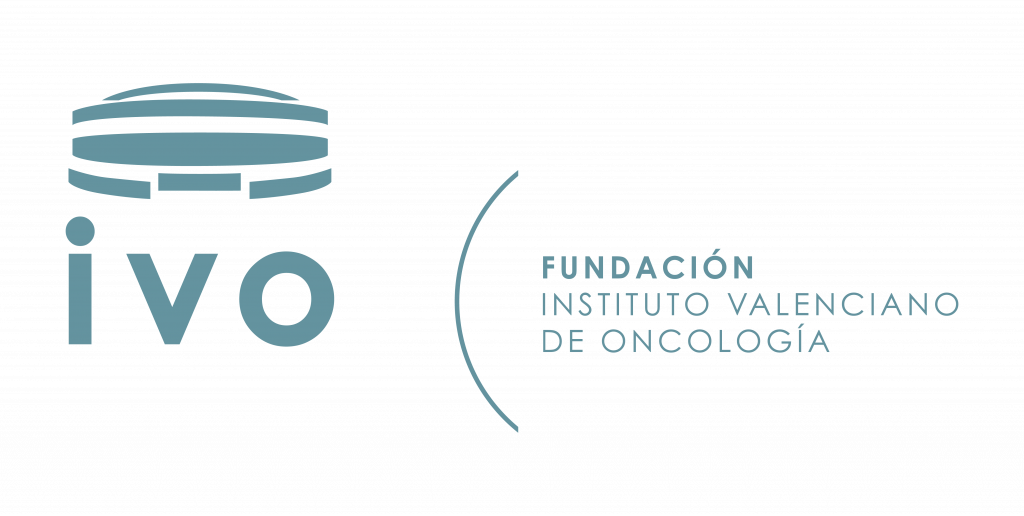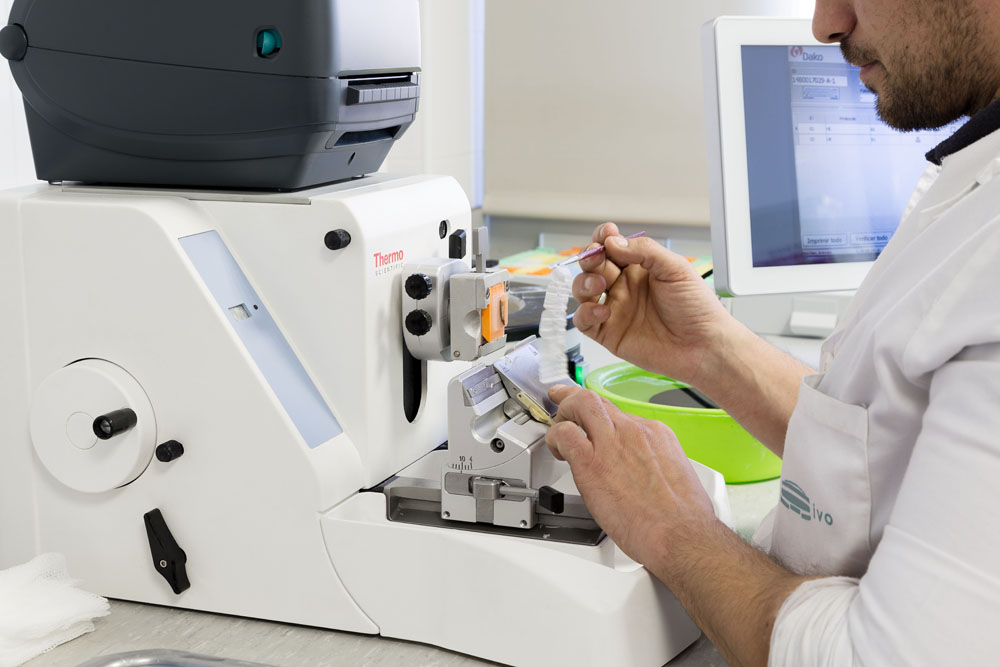The IVO ENT Service has become super-specialised in reconstructive surgery: operations with pedicled flaps and microvascularised flaps in head and neck tumours.
Reconstructive surgery involves obtaining healthy tissue from different parts of the body and transplanting it in affected areas. In the case of pedicled flaps, the tissue is taken from the regions around the head and neck, while in the case of microvascularised flaps, the tissue is taken from the fibula or the hip for reconstructions of the jaw. The forearm tissue is used for reconstructions of the tongue, oral cavity, pharynx and/or larynx. Tissue from the abdomen is used when a larger amount of material is required. These flaps require sophisticated microsurgical techniques to suture the arteries and veins, which are usually only a few millimetres long, to vessels in the neck to guarantee their viability.
These reconstructive techniques, which aim to restore such important parts for the patient as the lips, nose, ears, face, tongue or throat, entail a shorter recovery time after surgery, and patients are able to eat and breathe naturally in less time than they would if the operation were not performed. In other words, patients have a shorter and more comfortable hospital stay.
The reconstructive surgery performed at the IVO aims to shorten operating times. To this end, surgery is performed with two simultaneous teams. One team resects the cancer and the other obtains the tissue that will reconstruct the defect created. This shortens the operation time to an average of 8-10 hours.
The advantages of this type of procedure for the patient are undeniable, as it involves less anaesthesia, less exposure of the tissues to infection, less need for blood transfusions and a shorter hospital stay.
Another of the super-specialised activities that the IVO’s ENT Service performs is what is known as Salvage Surgery. This involves operating on patients who have already been previously treated for a tumour and who have either not responded to the treatment administered or have suffered a relapse.
These patients have an uncertain future and, for the most part, their only chance is extremely complex surgery.
The IVO is one of the few hospitals in which this type of treatment is performed, attending to an average of 100-130 patients per year, most of whom are referred from other hospitals, both within the Valencian Community and other autonomous communities.





